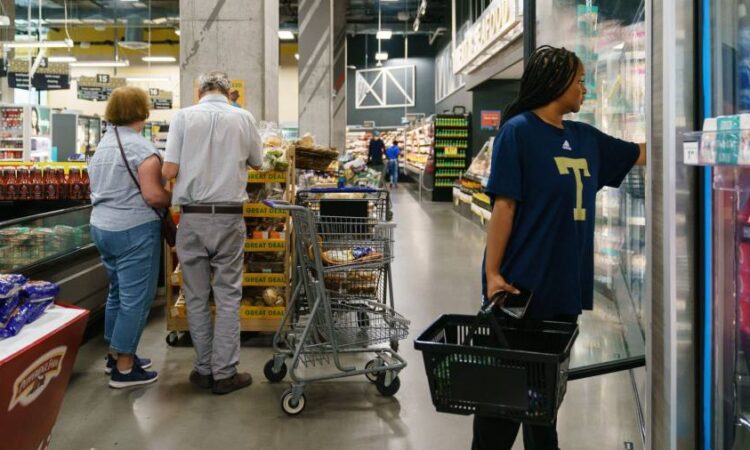
Shares in European luxury goods makers gained, partly on the back of optimism that demand in China will pick up after Beijing relaxed some of its Covid-19 quarantine measures for the first time since June.
Cartier-owner Richemont, which released a buoyant six-month earnings report on Friday, at one point during the day’s trading led the charge on the benchmark Stoxx 600 index. Its Zurich-listed shares, which added as much as 12.4 per cent on Friday, were recently up 10.5 per cent, on course for their biggest daily percentage advance since May. Friday’s gains trimmed the group’s decline for the year to 13 per cent.
The rally in European luxury stocks comes after “positive” news that Beijing’s “restrictions may start to ease”, said Natasha Brilliant, a luxury analyst from Credit Suisse, adding that investors are “hopeful of a China recovery story”.
“The key questions for luxury investors in the near term are very much centred around when China might reopen and how quickly Chinese demand for luxury will bounce back,” she said.
Luxury groups have in recent weeks reported a rebound in consumer spending in areas that have opened up in China.
Shares in other European luxury goods makers, such as LVMH, Kering, Pernod Ricard and Hermès, gained on Friday along with Milan-based fashion house Moncler and French designer Dior.
Richemont, which owns Chloe and Van Cleef & Arpels and produces high-end jewellery and watches much beloved by Chinese shoppers, benefits from a buoyant Asia-Pacific since it generates more sales there than any other region.
Asia-Pacific contributes 39 per cent of the group’s revenue, putting the business on course to benefit from a return by the Chinese to the shops.
Boutique sales in mainland China and Macau, due to the zero-Covid policy, led to a double-digit revenue decline in the first six months of the year, Richemont said in Friday’s earnings statement. The decline was partially mitigated by sales elsewhere in the region.
China on Friday said it would ease its quarantine restrictions for close contact and foreign visitors for the first time since its Communist party congress last month.
Beijing has become an international outlier with its zero-Covid policy of lockdowns and mass testing that has stifled consumer spending at home.






